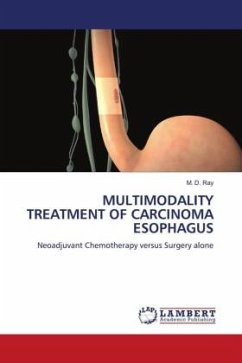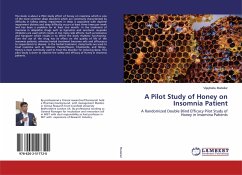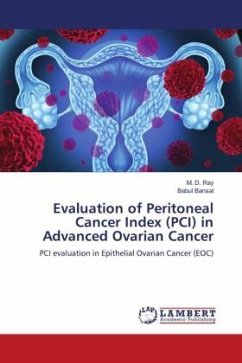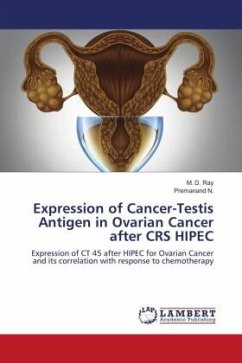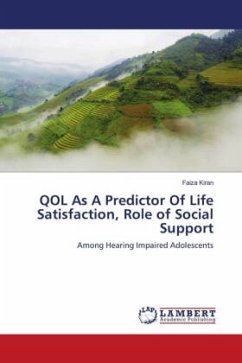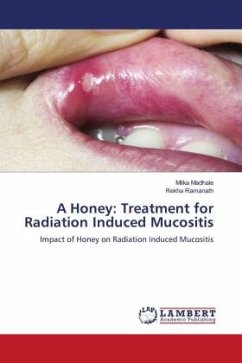
A Honey: Treatment for Radiation Induced Mucositis
Impact of Honey on Radiation Induced Mucositis
Versandkostenfrei!
Versandfertig in 6-10 Tagen
40,99 €
inkl. MwSt.

PAYBACK Punkte
20 °P sammeln!
Oral Mucositis is one of the most common acute complications of radiation therapy in the head and neck region. It refers to the oral erythematous and ulcerative lesions initiated by direct injury to basal epithelial cells and cells in the underlying tissue. The incidence of oral mucositis is especially high in patients with primary tumors in the oral cavity, oropharynx, or nasopharynx; patients who receive concomitant chemotherapy; and who receive a total dose over 5,000 cGy. Almost all such patients will develop some degree of oral mucositis. Mucositis generally persists throughout radiation ...
Oral Mucositis is one of the most common acute complications of radiation therapy in the head and neck region. It refers to the oral erythematous and ulcerative lesions initiated by direct injury to basal epithelial cells and cells in the underlying tissue. The incidence of oral mucositis is especially high in patients with primary tumors in the oral cavity, oropharynx, or nasopharynx; patients who receive concomitant chemotherapy; and who receive a total dose over 5,000 cGy. Almost all such patients will develop some degree of oral mucositis. Mucositis generally persists throughout radiation therapy and peaks at the end of the irradiation periods and continues for over 3 weeks after the treatment has ceased. They are painful and affect the nutrition and quality of life of the patient, and contribute to local and systemic infections. Honey has been a product that has received a growing amount of attention in wound care. Honey contains glucose oxidase, an enzyme that converts glucose to hydrogen peroxide, which may contribute to some of its antibacterial properties. Thus honey was found to be a suitable measure for the reduction of radiation-induced mucositis.



